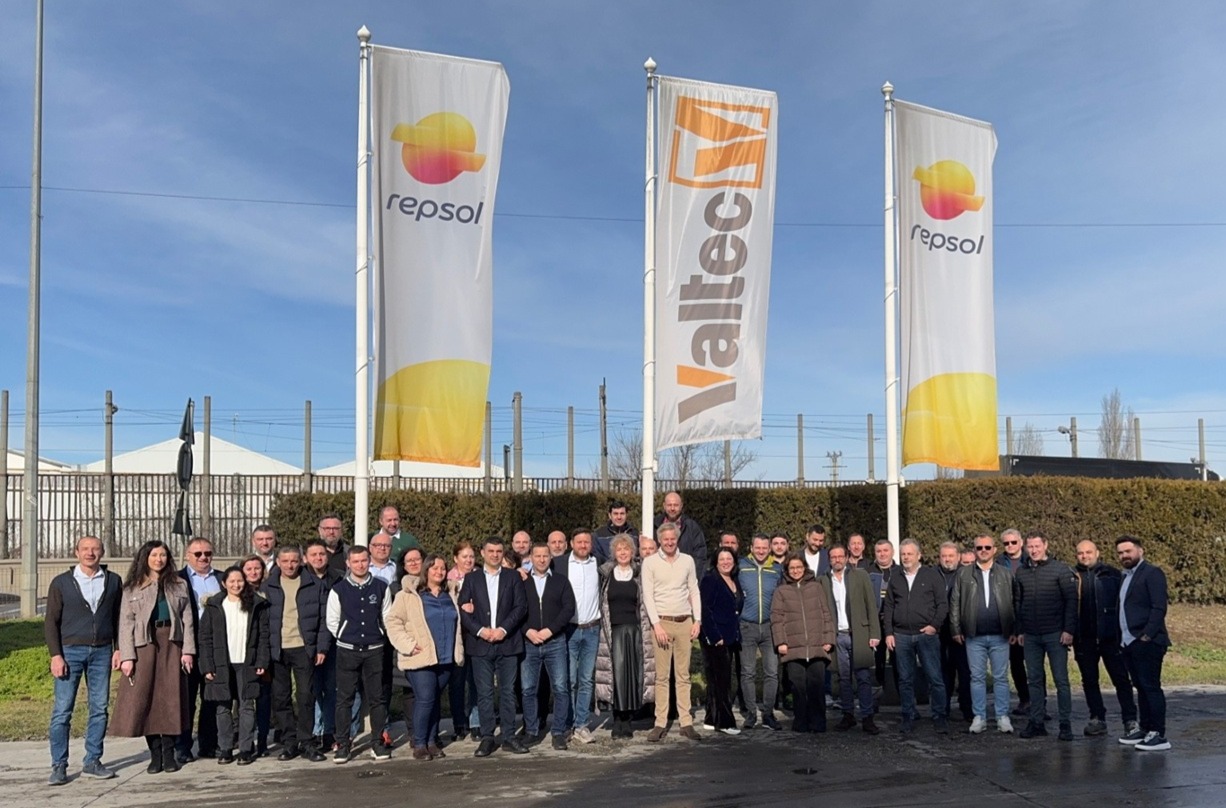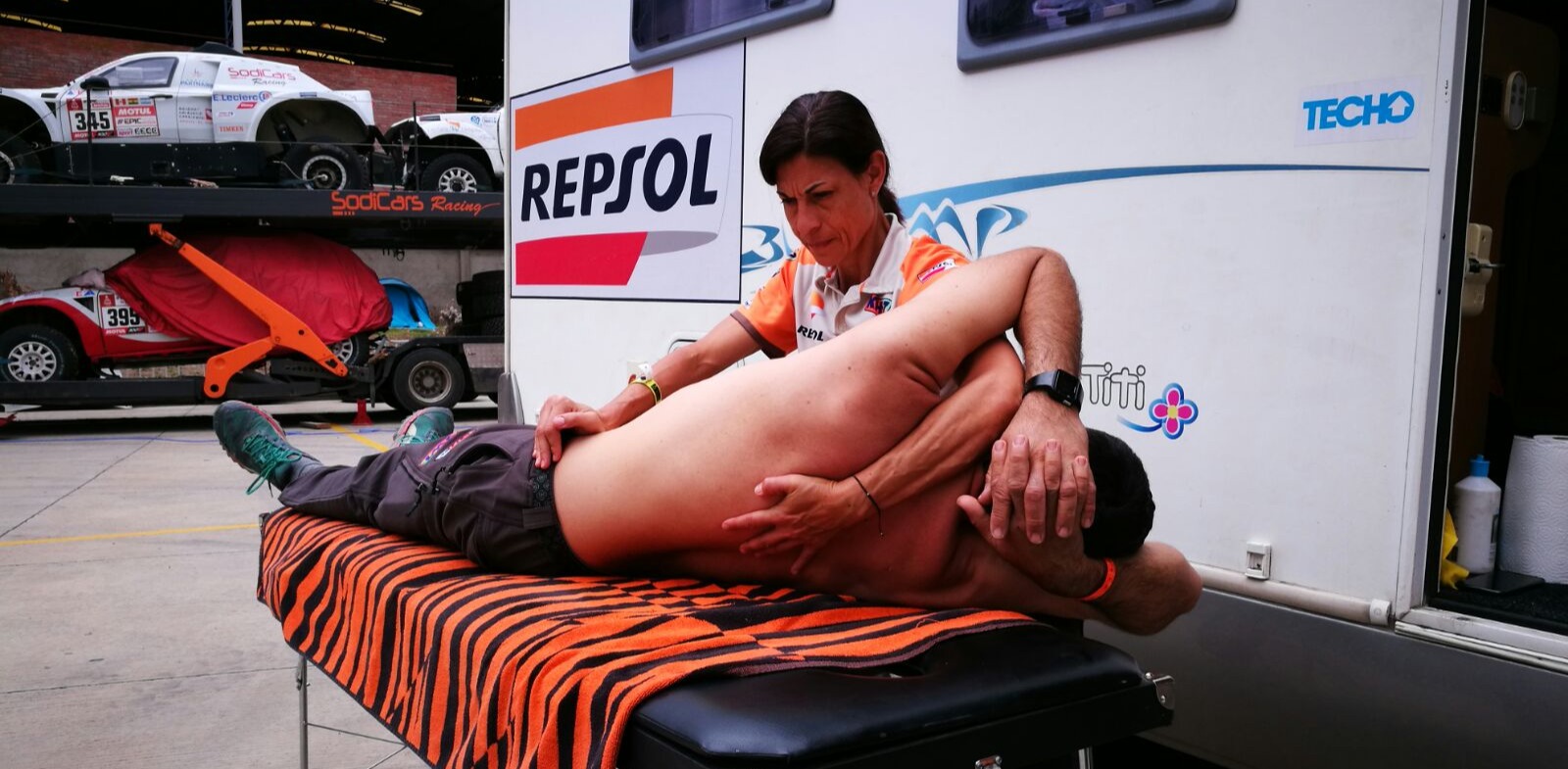"A good motorcycle lubricant can change the way you ride"

Silvio Frasson is about to join the Repsol offices in Madrid to take on new responsibilities as product manager at Repsol Lubricants. After eight years leading the business in Brazil - where he was responsible for operation and administration, portfolio evolution, distribution network, and relations with the sector - he now joins the global team with a clear objective: to strengthen development and, above all, to more accurately communicate Repsol's value proposition in an increasingly competitive market. “Today there are many options and it is not always clear what matters when choosing. We have to value what Repsol is,” he summarizes.
For Frasson, the differential value of Repsol Lubricants is born on the track and transformed into street products. "Repsol has been working in competition for more than 50 years. They are not just race lubricants: it is competition technology made available to people," he explains. He recalls, by way of example, the step with HRC: “For 30 years we worked with specific fuels and lubricants. Gasoline and oil were developed for each circuit: there were tracks where more power was needed and others with more traction requirements. That level of detail, with constant data and testing, is what fueled our technology base.”
From that continuous learning, he adds, the Racing range emerged, which he defines as "the translation of years of competition into a high-range product for the street, because there is a lot of proven and validated technology in there.”
What distinguishes a good lubricant on a motorcycle
Frasson, who has been working with lubricants for three decades and eight years with Repsol, insists on practical indicators that any motorist can perceive. “The clutch is a sign of quality. With a good lubricant, the feel is consistent from the first mile to the end of the change period. With mediocre products, it starts well and loses performance; with others, you can see from the beginning that something is not going well," he says. That degradation translates, he says, into less gentle changes or difficulty finding neutral.
Temperature is the other big performance thermometer. “An engine that works cooler is more efficient. When the lubricant film breaks and there is metal contact, the temperature increases and efficiency lowers. The shear strength - the ability of the oil to withstand the stress between parts - makes the difference: the stronger the lubricant, the better it controls the engine temperature,” he continues, noting that quality is identified by the sum of all these characteristics.
"In motorcycles, Repsol's performances are above much of the competition. Not because I say so, but because of clutch behavior, temperature, cleanliness, or consumption. We have checked it with motorcycle manufacturers," he adds. In this regard, he also points out that a good lubricant also guarantees safety and comfort, something that every biker values: "I love being able to get on a motorcycle and notice that it is like an extension of my body. That's when you realize how a good lubricant can change the way you ride."
Try to believe
For those who doubt whether to make the move to Repsol, Frasson launches a simple challenge. “If in doubt, give it a try. The machine itself will explain what happens: the clutch works better, the transmission is smoother, the engine temperature behaves better...,” he lists, stressing that behind these sensations is not only the experience in competition, but also the work of the TechLab, where more than 200 professionals work daily to continue innovating. "When you try a brand with that backing, it shows," he stresses.
Therefore, his next step in Madrid excites him doubly: to contribute to the global development of the brand and to help more riders understand - and feel - what is behind each package.
Related content




